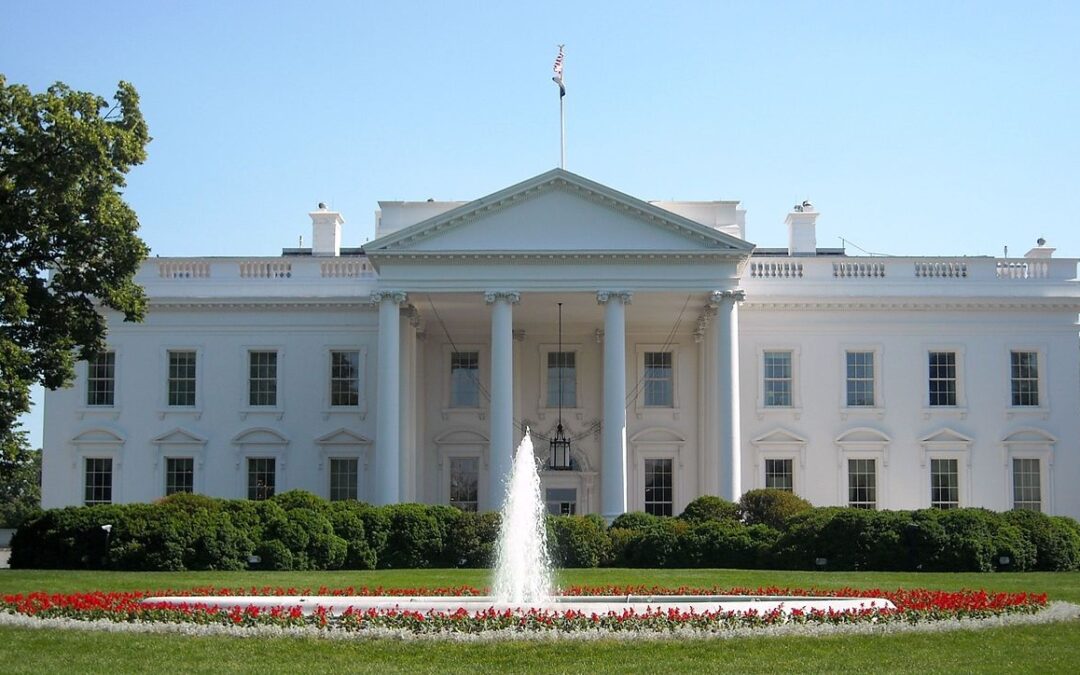The announcements came during the White House’s second Tribal Nations Summit in Washington.
Perhaps most significant for the CRM industry was the announcement that the U.S. Army Corps of Engineers is starting a rulemaking effort to rescind Appendix C and “instead rely on ACHP’s regulations and joint USACE/ACHP guidance for implementation of Section 106.”
Earlier this year, ACRA called on the Corps rescind Appendix C, following the distribution of a member survey about the Corps’ regulatory program, and after the Corps held a special listening session for ACRA firm members in July regarding their deliberations over Appendix C.
In their comments, ACRA said that adopting the ACHP regulations “will result in stronger and more meaningful consultation with Tribal governments and descendant communities, better enabling the Corps to fulfill its trust responsibility to Tribal Nations. It also will lessen inconsistencies between how the Corps approaches Section 106 reviews and those of other federal agencies that follow 36 CFR 800, and would improve consistencies among Corps districts on how Appendix C is implemented.”
In addition, the White House announced that the Departments of Interior and Agriculture will consider streps to reform hardrock mining laws and policies “to ensure that mining activities are conducted using strong environmental, sustainability, safety, Tribal consultation, and community engagement standards.” In particular, the agencies announced recommendations on:
- ways to ensure Tribes are engaged earlier during the development of mining proposals on public lands;
- providing Tribes a seat at the table in discussions regarding mining proposals; and
- improving consideration and protection of Tribal interests and resources as mining decisions are being made.
These announcements reflect ACRA’s recommendations earlier this year to Interior’s Interagency Working Group on Mining Regulations, Laws, and Permitting that the government ensure “early and effective consultation with Tribes and descendant communities.”
As ACRA noted, “Although community engagement is critical in any context, it is particularly important with respect to Tribal and descendant communities. The historic neglect of sacred sites or lands that have historic importance to Tribes and descendant communities and the lack of appropriate agency consultation have caused enormous suffering to these communities, especially those of our continent’s first inhabitants. ACRA strongly supports efforts to ensure holistic, comprehensive, and open communication with Tribal and descendant communities that engages them in a meaningful way as part of any reforms to mining regulations and permitting processes.”
Other consultation-related policy moves the administration announced at the summit include:
- Uniform Standards for Tribal Consultation. The White House announced that the President will “sign a new Presidential Memorandum establishing uniform standards to be implemented across all federal agencies regarding how Tribal consultations are conducted.” The standards are intended to ensure greater consistency in how agencies initiate, provide notice for, conduct, record, and report on Tribal consultations.
The Memorandum also will require annual training about Tribal consultation for federal employees who work with Tribal Nations or on policies with Tribal implications.
In order to align with the Memorandum, nine agencies announced they will implement new or updated Tribal consultation policies: the Departments of the Interior, Justice, Transportation, Homeland Security, Treasury, and Health and Human Services; the National Oceanic and Atmospheric Administration (NOAA); the U.S. Army Corps of Engineers; and the Advisory Council on Historic Preservation.
- Indigenous Knowledge Guidance for Federal Agencies. The White House announced the first-of-its-kind government-wide guidance for federal agencies to include Indigenous Knowledge (IK) in federal research, policy, and decision-making. Initiated at the 2021 Tribal Nations Summit, the new guidance was developed in consultation with Tribes and engagement with Indigenous peoples.
As part of the effort, the Interior Department will institute Departmental guidance for DOI bureaus to support collaborative engagement with Tribes for the use and protection of IK. In addition, the Advisory Council on Historic Preservation will “develop a policy regarding the role IK has in historic preservation to advance greater incorporation of and consideration for IK throughout the review process under Section 106 of the National Historic Preservation Act.”
- Best-Practices Report for Tribal Treaty and Reserved Rights. At the summit, 17 federal agencies released a new best-practices report to integrate Tribal treaty and reserved rights into agency decision-making processes, developed in consultation with Tribal Nations.
- New Tribal Advisory Committees and Positions. The administration announced that the Departments of Agriculture and Housing and Urban Development will establish their first-ever Tribal Advisory Committees to “ensure Tribal leaders have direct and consistent contact with federal agency decisionmakers and to institutionalize Tribal voices within policymaking.” In addition, the Defense Department will establish a permanent position to serve as the Senior Advisor and Liaison for Native American Affairs within the Office of the Secretary of Defense, and the National Oceanic and Atmospheric Administration (NOAA) will add two new Tribal Coordinators in Alaska and the North Atlantic region.
New Regulations to Protect Tribal Reserved Rights. The Environmental Protection Agency announced it will propose revisions to the federal water quality standards (WQS) rule, to clarify that “states must evaluate Tribal reserved rights to an aquatic and/or aquatic-dependent resource in the area or downstream of the area. If a right exists, states must evaluate available data to inform the level of water quality necessary to protect that Tribal reserved right, and, if necessary, revise their WQS to ensure protection.”

